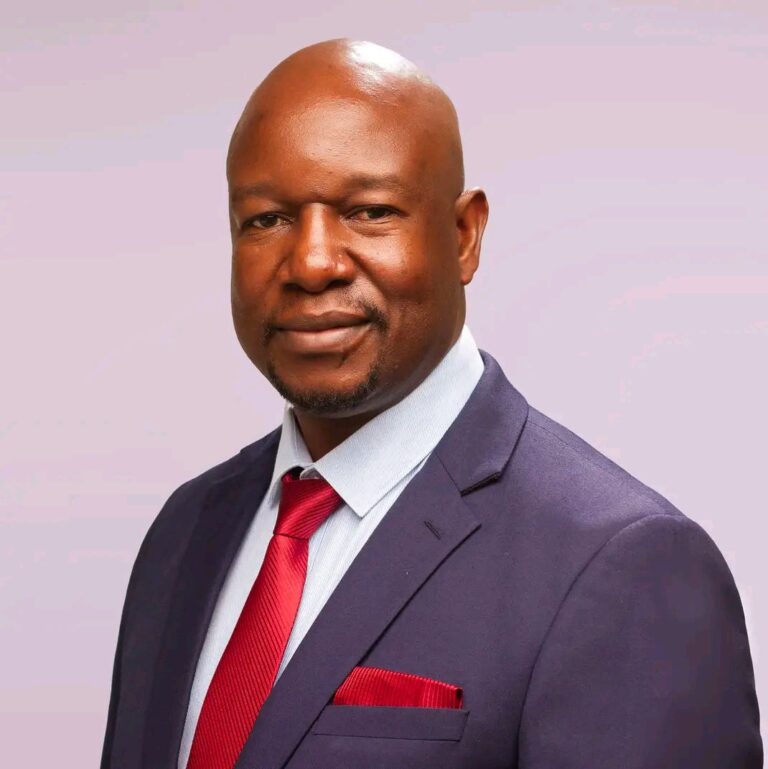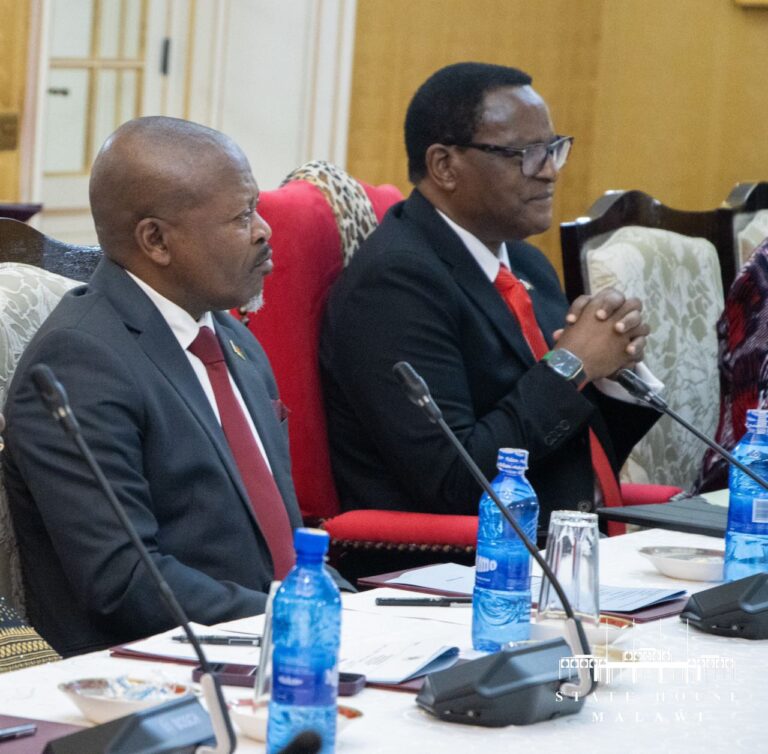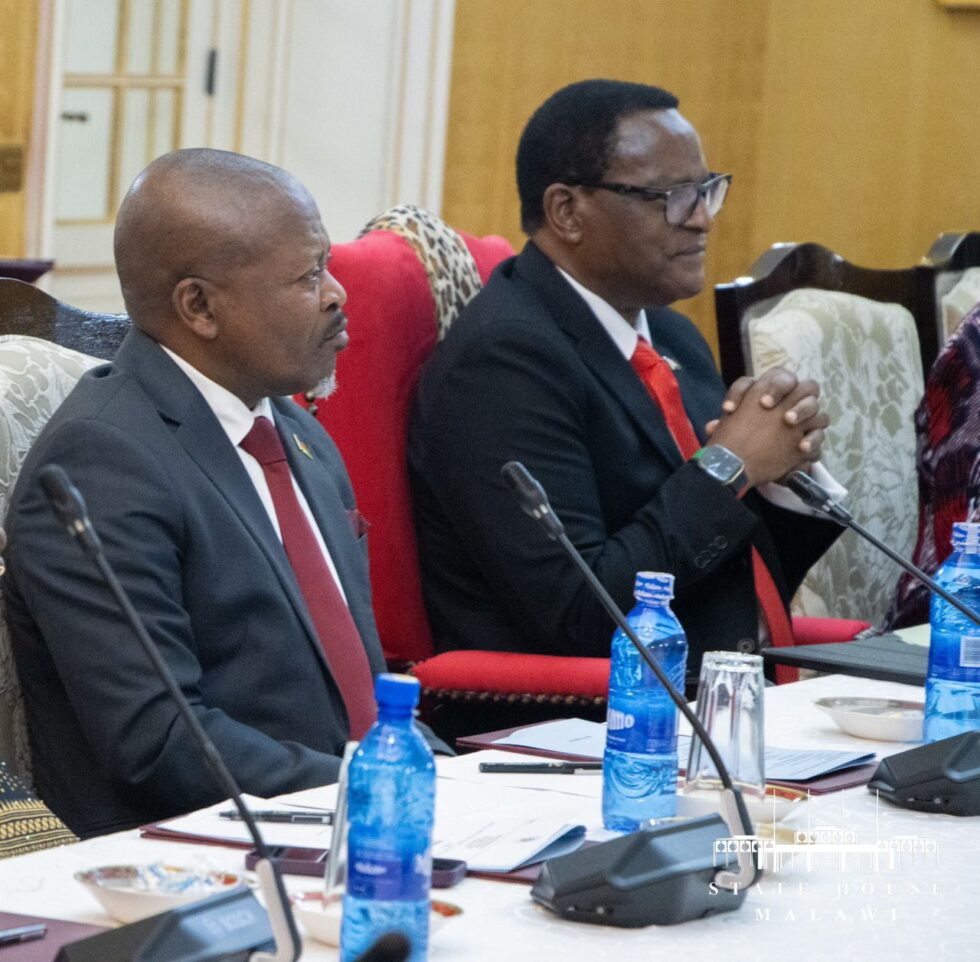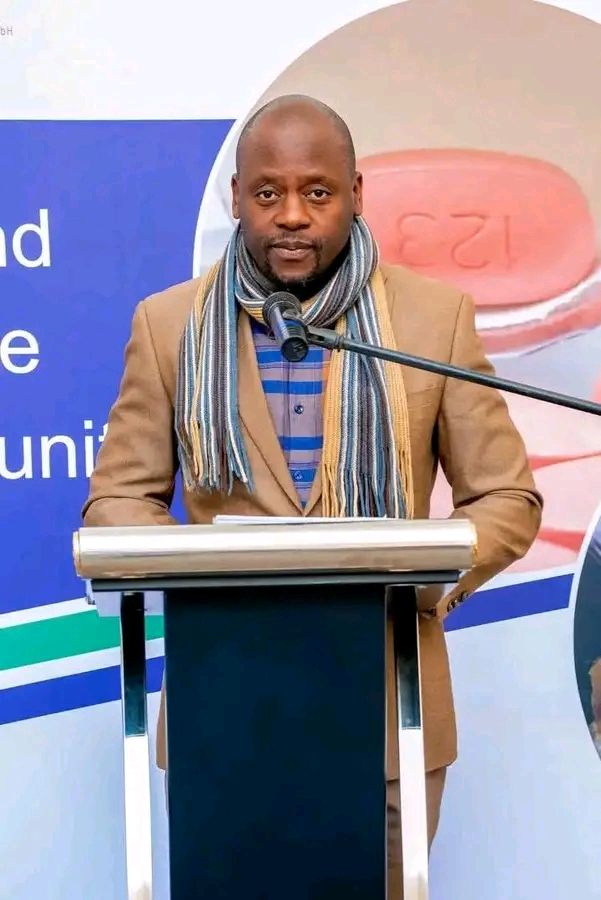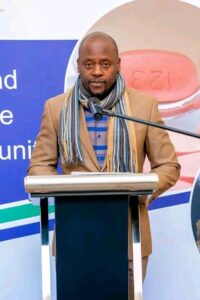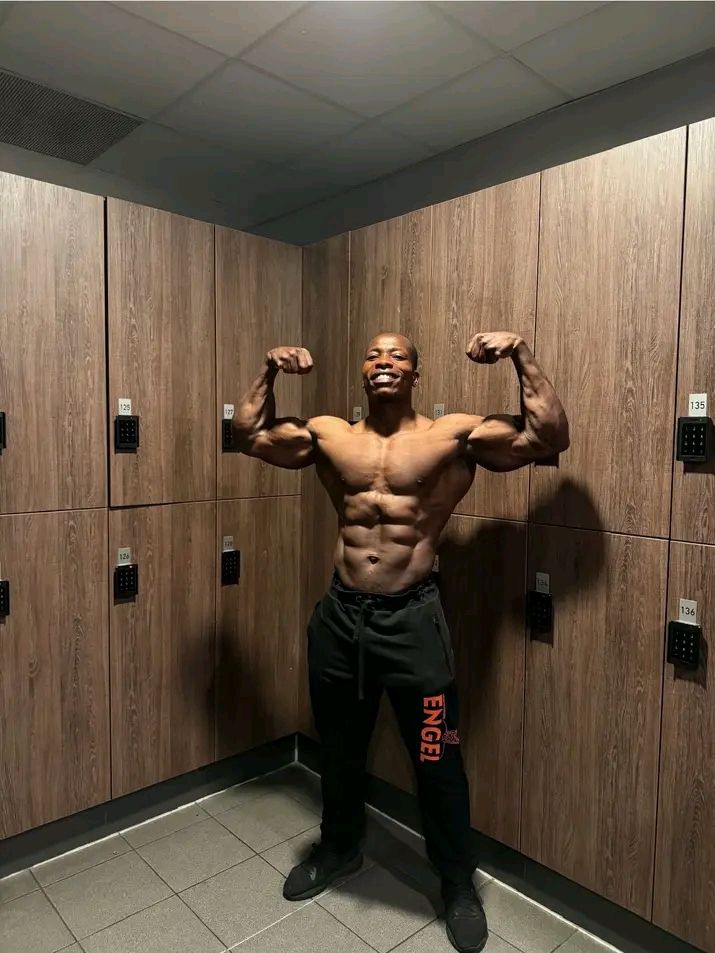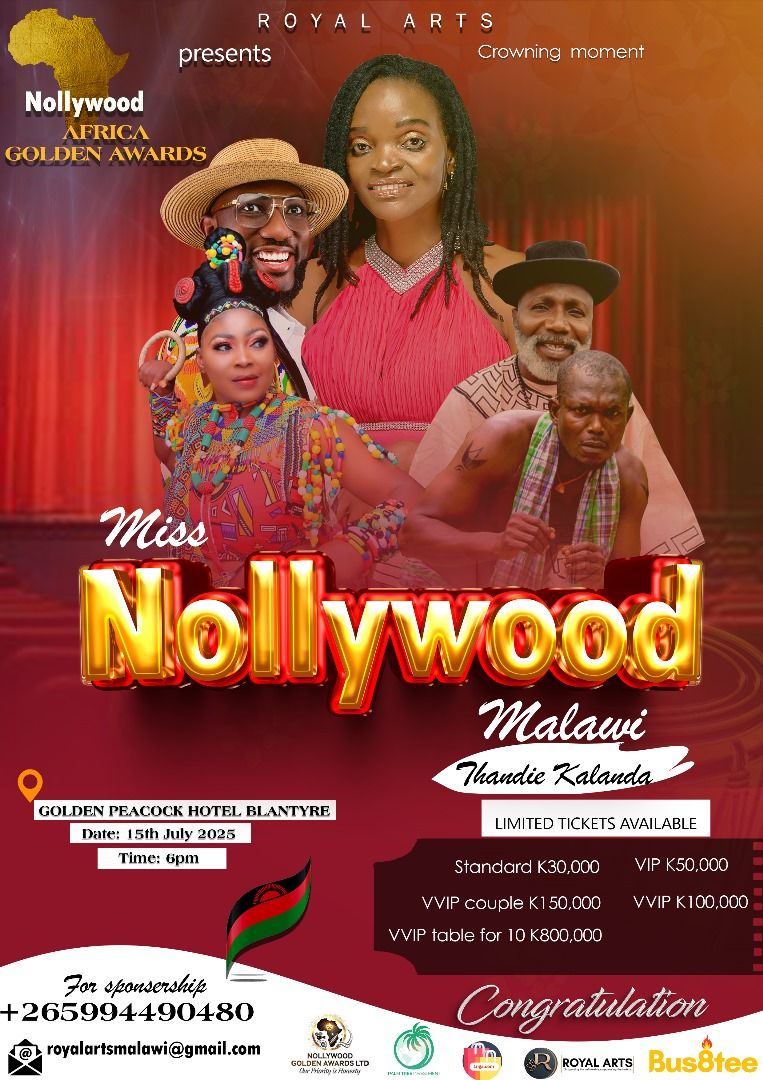By Chisomo Phiri
President of the newly-launched Patriotic Citizens Party (PCP), Jordan Sauti, has pledged to make education accessible to all Malawian students by abolishing school fees in primary and secondary schools and reducing tuition fees in all government tertiary institutions in the country once elected into power in the upcoming September 16 general elections.
Speaking during the launch of his party at Nyambadwe Ground in Blantyre on Saturday afternoon, Sauti emphasized that a developed nation is built on educated people and that PCP is committed to growing Malawians through education.
“We cannot grow Malawians without giving them access to education. Let us remove the fees so that everybody can attend school without fail,” he said.
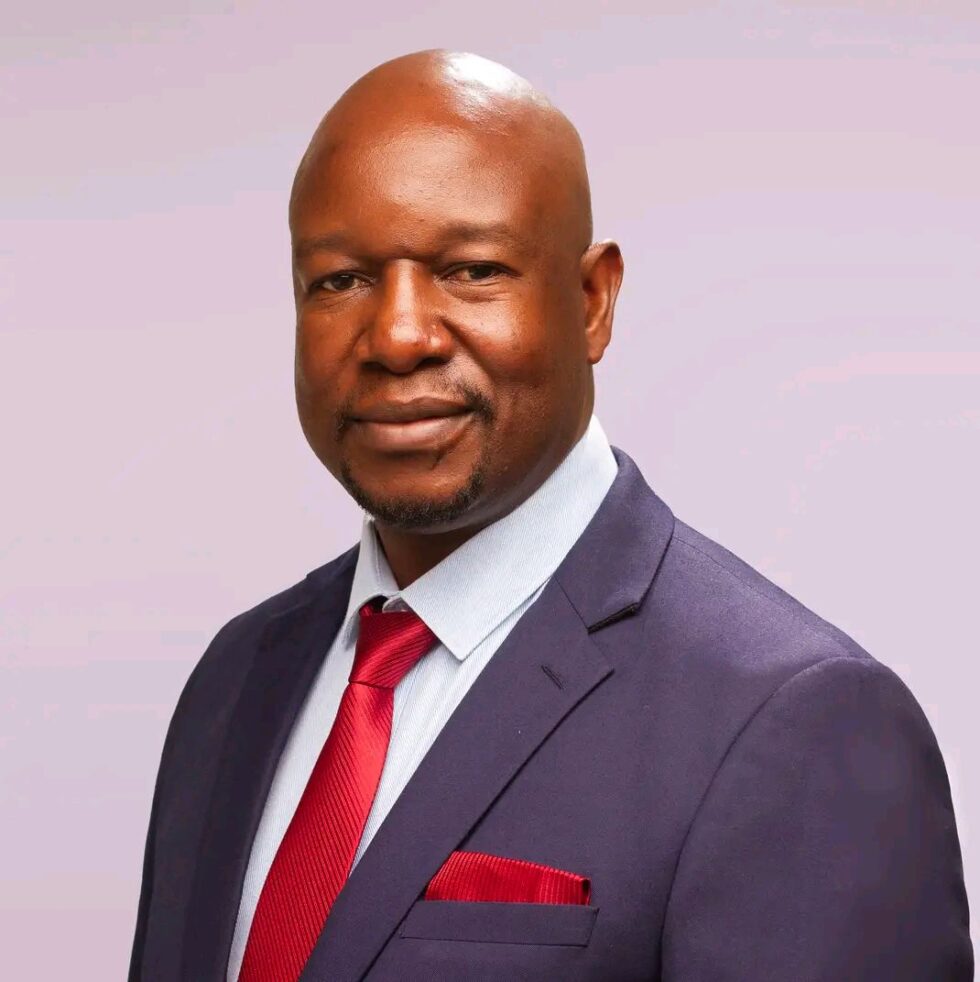
Sauti said PCP is an action-oriented party that aims to offer solutions to Malawi’s challenges.
He highlighted the party’s fresh and youthful energy, which he believes will bring change and provide solutions to the country.
Sauti emphasized that PCP’s leadership is prepared, equipped, and free from any baggage.
The new presidential aspirant, who is set to collect his nomination papers from the Malawi Electoral Commission (MEC) this week, expressed confidence in his party’s ability to win the competitive September elections.
He expressed hope that with his expertise in mining and experience working in various countries, he has the knowledge and skills to drive change in the country.
“Everybody in Malawi is crying out for change.We are here to offer that change by providing solutions that this country is looking for,” he concluded.
Malawi now has 25 political parties in total as the country heads towards September 16 general elections.


